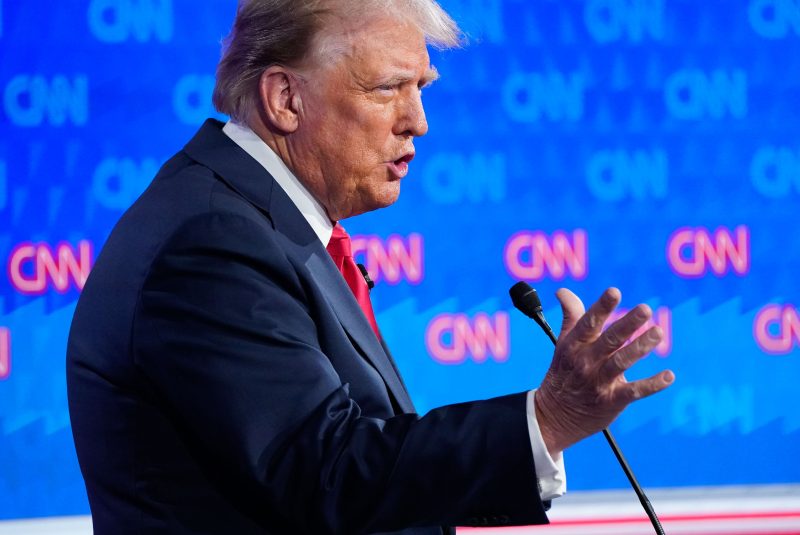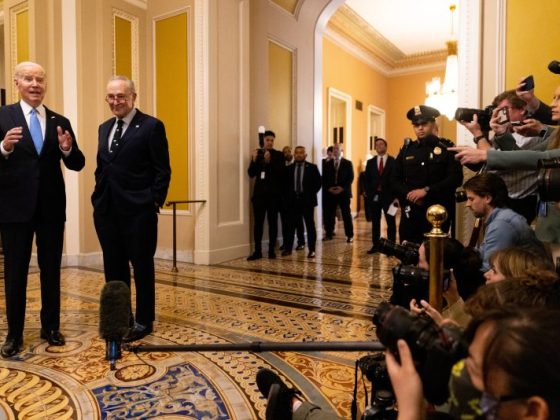Donald Trump, the 45th President of the United States, recently proposed a scaled-back platform that softens language on sensitive subjects such as abortion and same-sex marriage. In a notable shift from the staunch conservative stance traditionally favored by the Republican Party, the proposal suggests a more moderate approach that could potentially appeal to a broader demographic.
To understand the significance of this proposal, it’s important to have some insight into the Republican party’s position on these matters over the years. The party has historically remained steadfast in their opposition to abortion and same-sex marriage. However, the proposed platform by Donald Trump represents a change in the rhetorical approach, if not necessarily the underlying beliefs.
On abortion rights, the revised platform seems less absolute in its objections. Previously, the Republican language around abortion rights often involved explicit condemnation, describing their party as the ‘pro-life generation.’ But Trump’s proposed document is less focused on the moral dimensions of the abortion debate. While it upholds the belief in the sanctity of human life, it takes a softer stance on the subject and does not categorically condemn the act. The language used suggests a move towards reconciliation and understanding, acknowledging the complexity of the issues at stake.
Similar changes can be observed in the Republican stance towards same-sex marriage. Historically, the party platform has maintained that marriage was rather a union between a man and a woman. However, under President Trump’s proposal, the language softens, with no explicit denouncement of same-sex marriage. The former President seems to accommodate the growing acceptance of same-sex marriage within the country, once again acknowledging the complexity and variety of viewpoints within the broader American demographic.
Two key factors likely contributed to Trump’s decision to scale back on divisive language. First, there has been a shift in public opinion over the past decade, especially among young Americans. As per various polls, a majority of Americans now support same-sex marriage and believe that abortion should be legal in at least some circumstances. The Republican Party, under Trump’s leadership, appears to be adjusting to this shift to appeal to a broader base of voters.
Secondly, the divisive language of past platforms has cost the party vital votes in the suburban and urban areas, both of which are increasingly diverse in terms of ethnicity, religious beliefs, and views on social issues. This softened language could potentially help the party gain a more favorable image among these demographics.
Nevertheless, it is important to view these changes within the context of the broader political landscape. The subtle shift in language does not imply a radical change in party ideology. However, it suggests a recognition of an evolving American sociopolitical landscape that Trump’s Republican Party is willing to negotiate with.
In this context, Trump’s proposed platform can be understood as a tactical move to broaden the party’s appeal. It points to a more moderate, inclusive tone that could attract voters from the center of the political spectrum. However, it remains to be seen how these changes will be received by the Republican base and whether it can indeed expand its appeal while maintaining party unity. The effectiveness of Trump’s proposed platform will only be truly gauged in the next election cycle.











